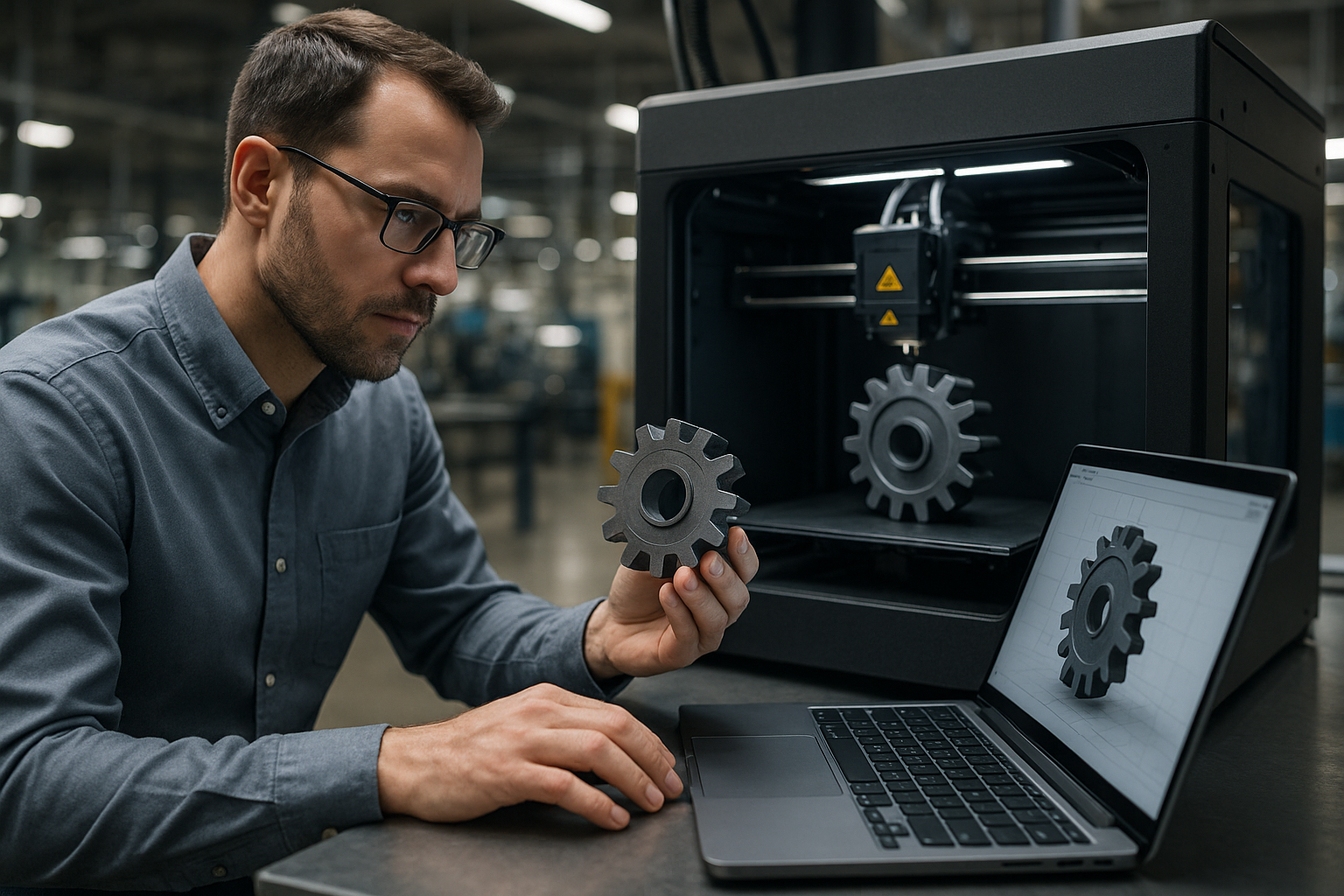Electric Vehicle Jobs: Roles, Skills, and Market Trends
The shift toward electric vehicle (EV) technology is creating a wide range of employment opportunities across design, production, and services. This article outlines the kinds of roles you can expect in the EV sector, how automotive and engineering skills translate into work, what manufacturing positions are involved, and how regional markets such as Japan influence demand. It is intended to help readers understand career pathways, typical responsibilities, and practical steps for pursuing EV-related work.

electric vehicle: what roles exist in the sector?
Electric vehicle businesses employ people across product development, operations, sales, charging infrastructure, and aftersales. Common roles include battery systems engineers, power electronics designers, software developers for vehicle control, validation and testing technicians, product managers, and service technicians trained on high-voltage systems. Beyond technical roles, the sector also needs project managers, supply chain analysts, and regulatory specialists who can handle safety and compliance for electric drivetrains and charging standards. Many positions emphasize cross-disciplinary collaboration between mechanical, electrical, and software teams.
automotive: how do traditional automotive skills apply?
Professionals from conventional automotive backgrounds can transition to EV roles using their core knowledge of vehicle dynamics, assembly processes, quality control, and supplier management. Familiarity with chassis integration, thermal management, and materials selection remains relevant, although the focus shifts toward packaging battery modules, integrating electric motors, and ensuring thermal and electrical safety. Experience with lean manufacturing, Six Sigma, and automotive standards such as ISO/TS or IATF quality frameworks remains valuable when adapting existing production lines to EV models or working with tier‑1 suppliers.
japan: what is unique about the EV job market there?
Japan’s automotive ecosystem includes long-established manufacturers, a dense supplier network, and a strong focus on hybrid and fuel‑cell research. EV job opportunities in Japan may be influenced by government incentives, emissions regulations, and corporate roadmaps toward electrification. Roles in research, battery chemistry, and control systems can be concentrated around major industrial regions and university hubs. For foreign candidates, language proficiency and familiarity with local business practices can be important. Employers may also seek experience in managing complex supplier relationships and in adapting manufacturing systems to meet domestic and export demands.
engineering: which engineering disciplines are most in demand?
Several engineering disciplines converge in EV development: electrical engineering (power electronics, motor drives, battery management systems), mechanical engineering (thermal systems, structural integration, NVH), and software engineering (embedded systems, vehicle controls, cybersecurity). Systems engineering and integration skills are increasingly critical as vehicles become software-defined and rely on complex interactions between battery, motor, inverter, and vehicle control units. Engineers who combine domain knowledge with simulation tools, data analytics, and test lab experience are typically in strong demand.
manufacturing: what production roles support EV supply chains?
Manufacturing work for EVs includes assembly operators trained on high-voltage safety, automation engineers for robotics and line control, process engineers who optimize battery pack assembly, and quality engineers focused on electrical integrity and durability testing. Supply chain and procurement roles are crucial for securing raw materials like cathode and anode materials, as well as for managing relationships with battery cell suppliers and electronics vendors. Environmental health and safety (EHS) specialists also play an important role in ensuring compliant handling of batteries, solvents, and recycling streams within manufacturing facilities.
Conclusion
Electric vehicle jobs span a broad spectrum from hands-on manufacturing to advanced engineering and systems integration. Career paths often reward cross-disciplinary skills, hands-on test experience, and familiarity with safety and quality standards specific to high-voltage systems. Regional markets such as Japan present distinct employer expectations and research strengths, while the global nature of the automotive supply chain creates opportunities across design, manufacturing, and services. For professionals considering a move into EV work, focusing on transferable skills, targeted training, and practical project experience will help in matching employer needs without relying on speculative projections.






